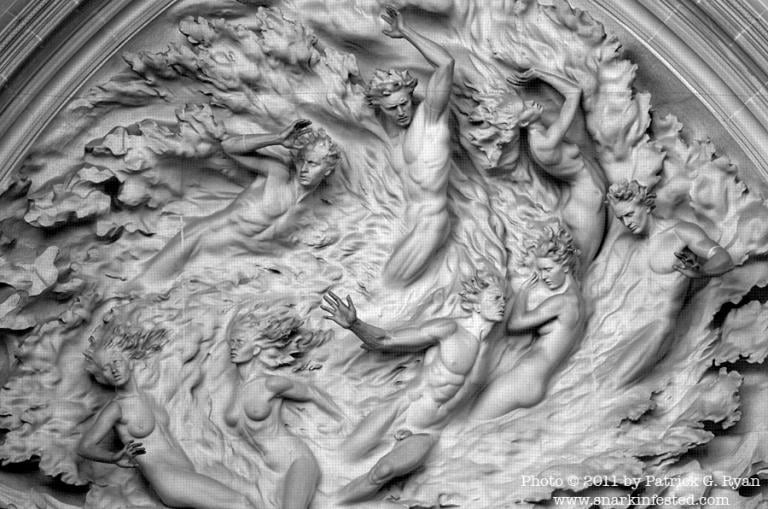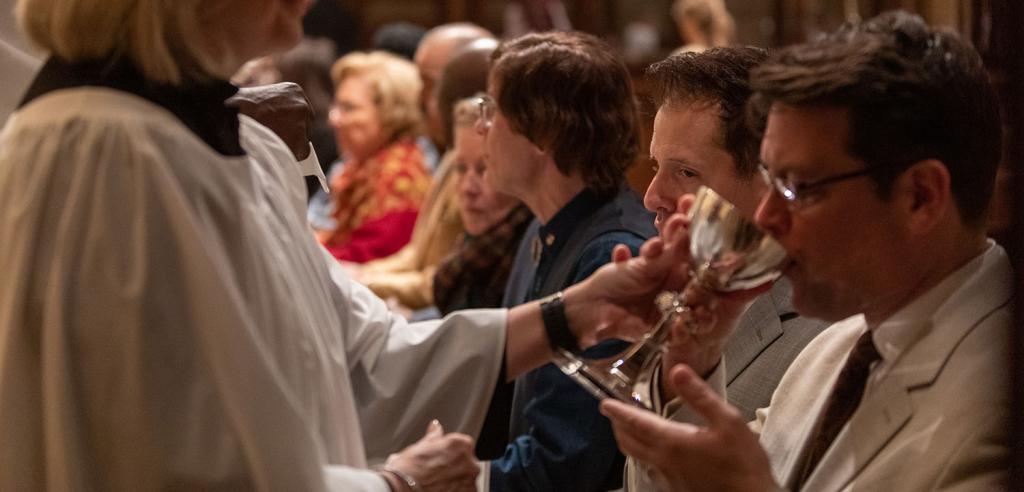 In a recent article, entitled “Searching for Ithaca,” writer Rod Dreher featured a letter from a reader who outlined in poignant terms his desire for and failure to find the sacramental in the world. Longing to believe it was possible to believe in God — for his own sake and for his family — Dreher’s reader asks:
In a recent article, entitled “Searching for Ithaca,” writer Rod Dreher featured a letter from a reader who outlined in poignant terms his desire for and failure to find the sacramental in the world. Longing to believe it was possible to believe in God — for his own sake and for his family — Dreher’s reader asks:
How can we make our lives sacramental when we cannot bring ourselves to accept the ontological basis of the sacraments? Is there hope…sacramental or otherwise, for people like us? I know I would love the chance to have a truly numinous experience, something that irrefutably confirmed for me that the Christian God exists as I’ve been told. But there’s the problem right there – confirmed. I’m right back in the Enlightenment mindset, right back in the banal empiricism of modernity. Is there no escape? Is there no flight to something higher?
Having sat with his reader’s appeal for sometime, Dreher opted not to answer, but invited other readers to respond and some did. But many also echoed the same alienation from the sacramental.
It is hard to know what kind of response to Dreher’s reader might be helpful. He is eloquent in describing his dilemma and – reading between the lines – he seems to be struggling the prevailing materialism of our culture: not the materialism of acquisition, but the materialism that persists in the belief that what is real is what we can see, touch, hear, smell and feel.
As I have noted elsewhere, the creationist – evolutionist debate illustrates that point vividly. The evolutionist who does not believe there is a God (there are those who do), argues that beyond the last process that we have identified and understood is another process that we have yet to identify and understand. But the creationists typically build a materialist set of assumptions into the argument that they make as well. Observing that beyond the last process that we have identified and understood one can find God, the creationist implicitly surrenders to materialism, relying on a God of the gaps or, perhaps better, a God of the margins.
In reflecting on its impact over the years, I’ve become convinced that the Eastern Orthodox tradition is more helpful than the western intellectual tradition on that score. The Orthodox have escaped our materialism, in part because their tradition was not as directly affected by the Enlightenment and, in part, because they have argued that the Triune God (who is both transcendent and immanent) is the one who created, enlivens and sustains the material, as well as the spiritual order.
Sitting with that bit of wisdom has also led me to also question the usefulness of the word, “supernatural.” If the Triune God is, in fact, deeply engaged in the material, as well as the spiritual world, as the one who both authors and enlivens the created order, including the physical laws that govern it, what sense does it make to talk about a belief in God as a belief in that which is “supernatural,” i.e., “beyond scientific understanding or the laws of nature?” The language itself reintroduces a bifurcated way of thinking about reality that is at odds with what Christians believe.
By contrast, setting aside the assumptions and language that reinforce materialism makes it possible to think sacramentally about the whole of reality. Would that be helpful to Dreher’s reader? I am not sure. I am sure that beginning anywhere else makes grasping the possibility of the sacramental in the world around us all but impossible.
It’s time for us to abandon the language of the “supernatural” and begin thinking in more thoroughly faithful ways about the engagement of God with the whole of creation.












